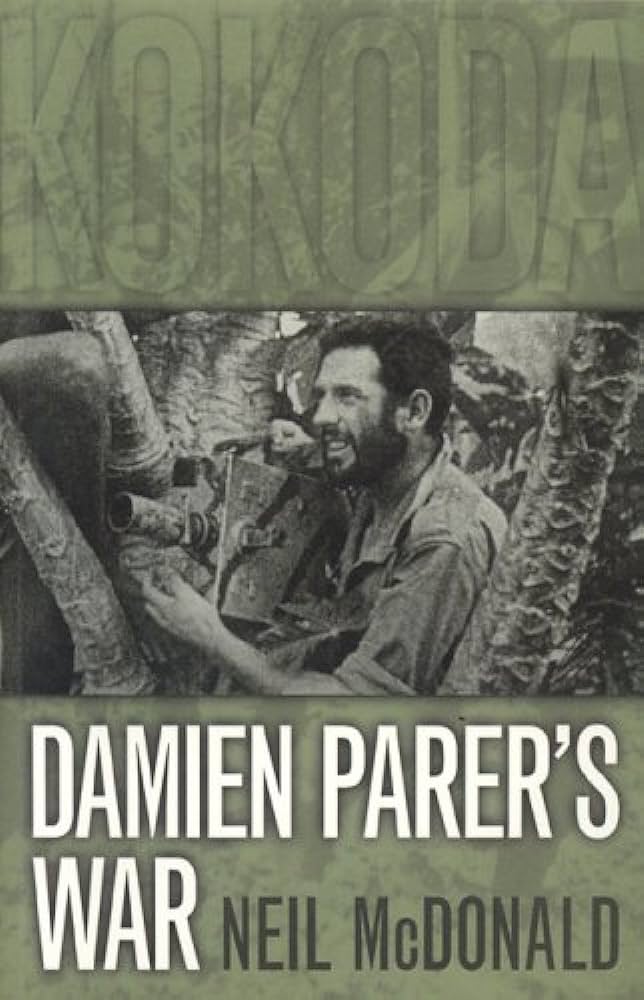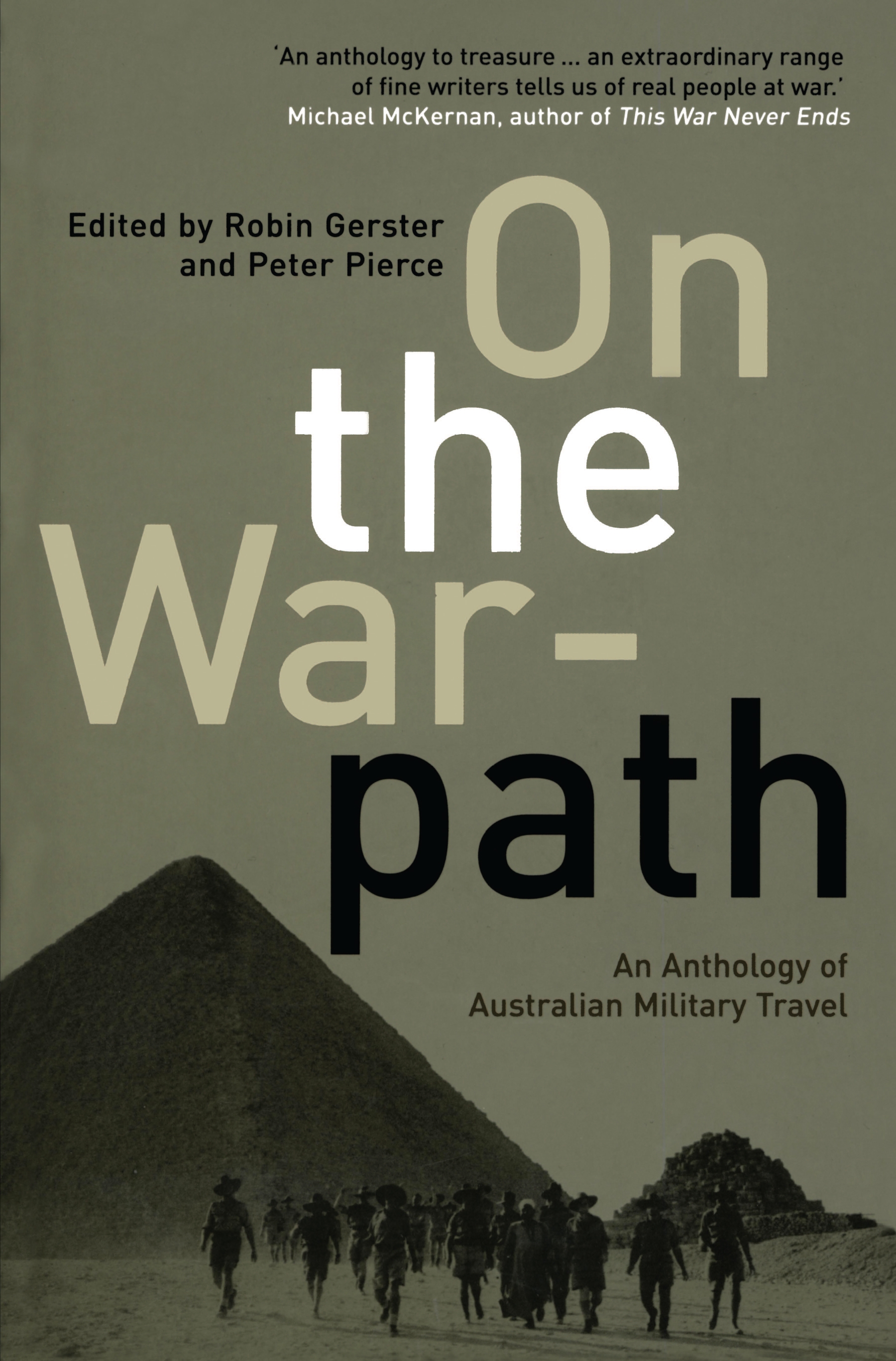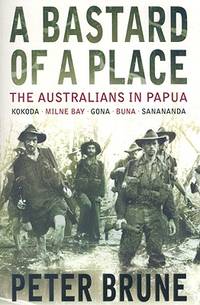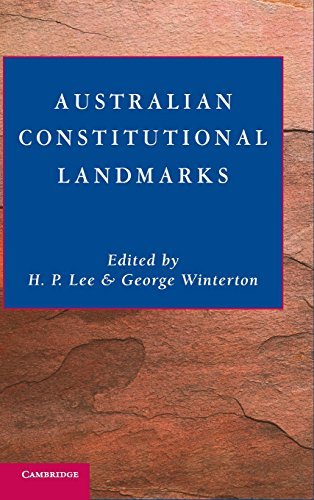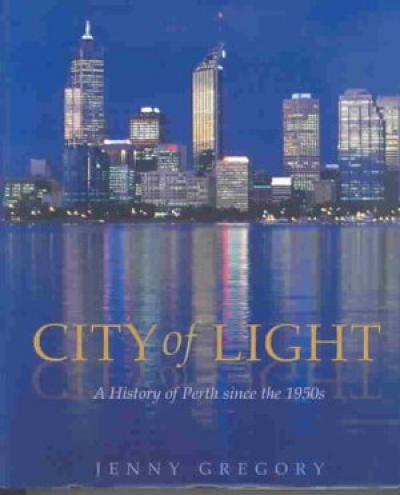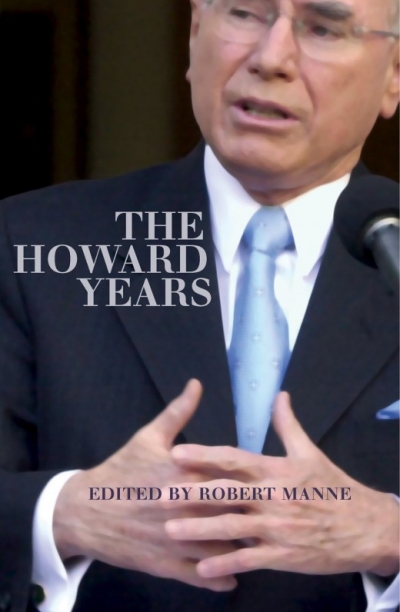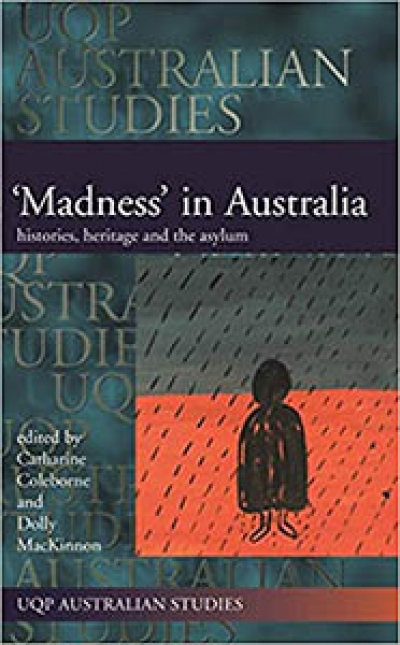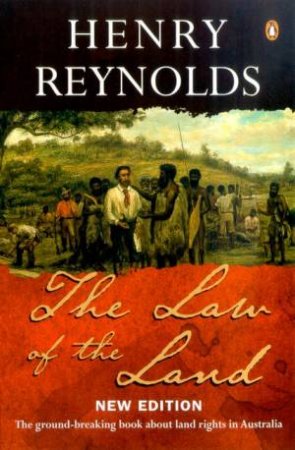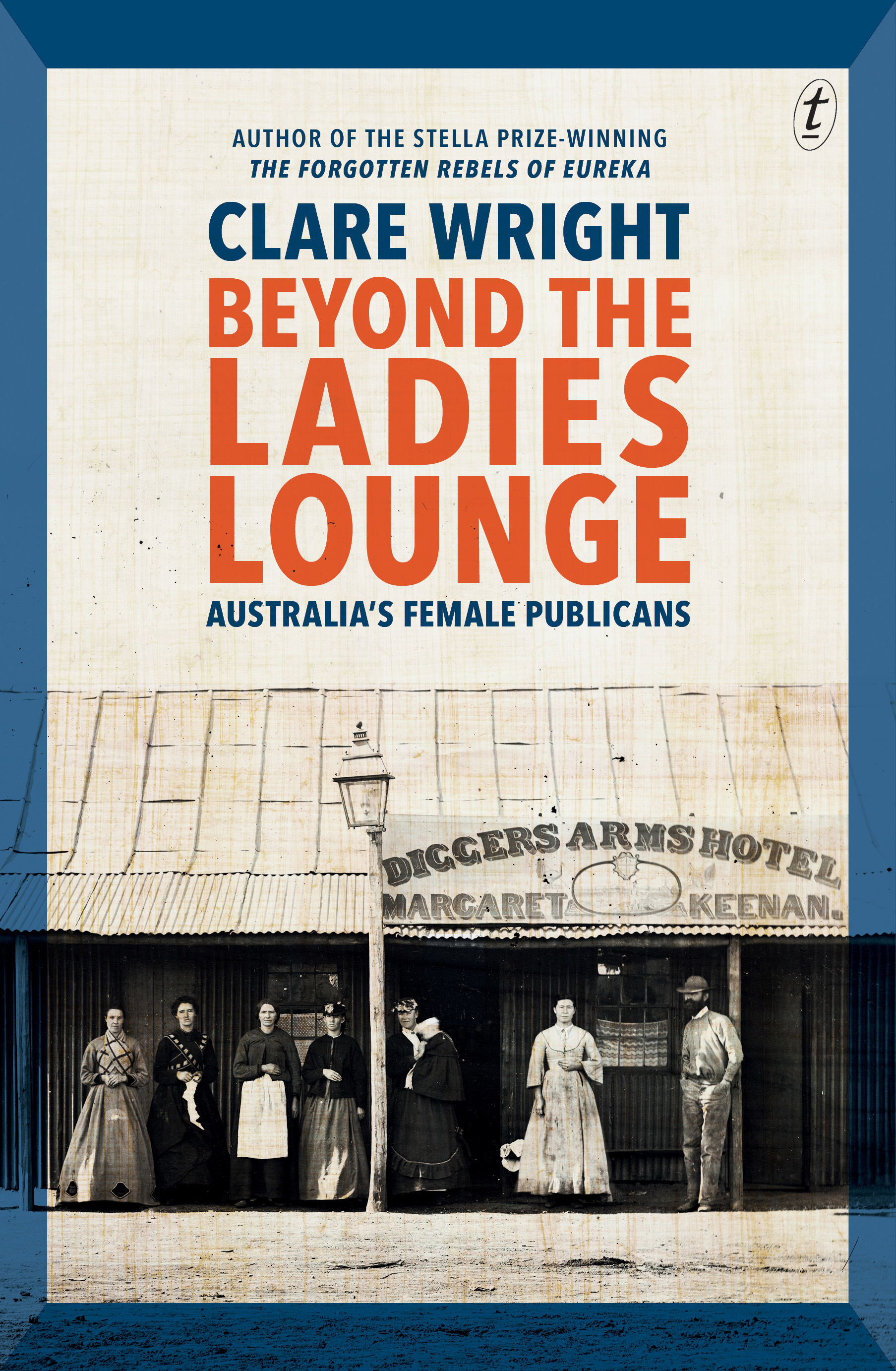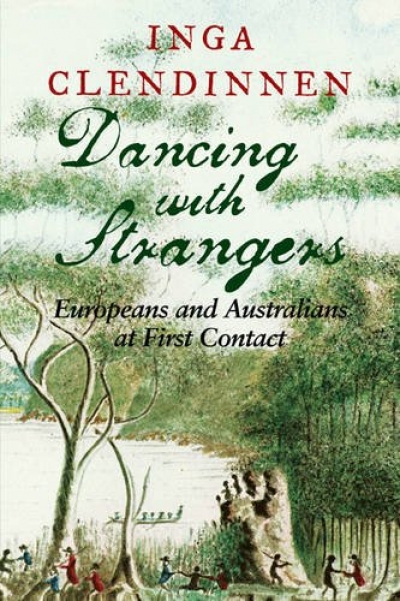Australian History
Writing of cinematographer Damien Parer’s untimely death in 1944, war correspondent Chester Wilmot paid tribute to him as ‘a fine man as well as a brilliant photographer. He made the camera speak as no other man I’ve ever known.’ Neil McDonald’s book, Damien Parer’s War, does eloquent justice to this legendary figure in Australian history and Australian film. Many may know that Parer was the first Australian to win an Oscar, but, unless they have read the 1994 edition of this admirable book, they may not know much else.
... (read more)On the Warpath: An anthology of Australian military travel edited by Robin Gerster and Peter Pierce
Note especially the last word in the subtitle – ‘travel’. This book is not, or not chiefly, about strategy and battles. It is about getting to the war, or passing through an operational area and (with luck) getting home again; it is about visiting war cemeteries, battlefields and memorials, or revisiting them, sometimes decades later.
You may think this a wispy and slender thread upon which to string 350 pages of book. I thought so myself when I picked it up, and the misgiving recurred several times during the perusal. (Since a peacetime visit to Auschwitz is neither military nor Australian, Lily Brett’s piece seemed to have strayed in by mistake.) But the thread held – just – and I am grateful to the editors for teaching me much that I didn’t know, or had not understood.
... (read more)A Bastard of a Place: The Australians in Papua by Peter Brune
Japanese troops landed and occupied Lae and Salamaua in north-eastern Papua on 8 March 1942. In an elaborate operation scheduled for early May, the Japanese planned a seaborne invasion of Port Moresby to safeguard their positions in New Guinea and in the Rabaul area, to provide a base that would bring northern Australia within range of their warships and bombers, and to secure the flank of their projected advance towards New Caledonia, Fiji and Samoa.
Countermoves by the US Navy defeated this attempt. Therefore, in June 1942, Lieutenant-General Harukichi Hyakutake’s XVII Army was ordered to gather its divisions from Davao in the Philippines, from Java and from Rabaul, and to prepare for a revised attack on Port Moresby. In a two-pronged approach, one Japanese group would take Milne Bay (south-eastern Papua) by an assault from the sea and advance on Port Moresby along the coast; the other would attack overland from Buna and Gona (northern Papua) along the Kokoda Trail.
... (read more)Australian Constitutional Landmarks by H.P. Lee and George Winterton
The centenary of the first sitting of the High Court of Australia was celebrated in the same courtroom in Melbourne in October 2003. There followed a conference in Canberra reviewing the decisions of the Court over the course of a century. The papers of that conference will shortly be published for a legal audience.
In advance of that book, CUP has published sixteen essays to give a more general audience an idea of the role the High Court has performed in the leading issues in which it has been involved. The writers are assigned important decisions or major themes. They explain the background. They describe proceedings in the High Court and (whilst it lasted) the Privy Council. They put their subjects in context and evaluate their significance in terms accessible to an informed lay reader. This book contains plenty of new insights that combine to make it a commemorative volume, but without many of the defects normal in that genre.
... (read more)City of Light: A History of Perth Since the 1950s by Jenny Gregory
Perth has been well served by its historians. C.T. Stannage’s The People of Perth (1979), a pioneering urban social history, covered the period to World War I, with a summary of developments into the 1970s. His work, because of ‘its sheer honesty did not win universal approval’. Jenny Gregory, following a lively prologue summarising the interwar years, concentrates on the period of rapid growth following World War II. She has been equally forthright. To their credit, the incumbent lord mayors welcomed the publication of both works.
... (read more)Do John and Janette choke on their cereal at the name of Robert Manne as they breakfast in their harbourside home-away-from-home? They have every reason to do so. No single individual has provided so comprehensive a challenge to Howard and his ideological claque in the culture wars now raging in this nation. Manne was early to denounce Howard: for his soft-shoe shuffle with Pauline Hanson; for the inhumanity of the government’s approach to the boat people; for the shallow basis for our participation in the Second Iraq War. In the wider war, he wrote a savage critique of the right-wing cognoscenti who assailed Bringing Them Home, and he has rallied the troops to repel Keith Windschuttle’s revisionist history of black–white confrontation in nineteenth-century Australia. Now he has edited this selection of essays, which provides a critical survey of the Howard government across a wide range of its policies.
... (read more)‘Madness’ in Australia: Histories, heritage and the asylum edited by Catharine Coleborne and Dolly MacKinnon
There is burgeoning interest in the history of psychiatric institutions and services in Australia. Catharine Coleborne and Dolly MacKinnon’s ‘Madness’ in Australia now sits alongside Stephen Garton’s Medicine and Madness (1998), Milton Lewis’s Managing Madness (1988) and numerous articles on the subject that have been published in recent years in local journals of medicine and psychiatry. Perhaps this interest represents the desire to record for posterity the role of the asylum and older-style treatments in the care of the mentally ill in the wake of new, cutting-edge national mental health policies and agendas. Possibly, the fascination represents an unconscious, necessarily forlorn attempt to undo, through revisiting, some of the abuses of psychiatric methods in the past. Whatever the reason, one of the problems faced by a slim tome such as this is that mental health services in Australia, since their inception, have been characterised by an extraordinary level of complexity and diversity. To capture their essence in a small, multi-author volume, and to provide a coherent, integrated synopsis, as the editors might have hoped, is probably not achievable. If, however, we are to view ‘Madness’ in Australia with less aspiration – as a collection of essays devoted to different, often novel, aspects of asylums and institutions – then it becomes an absorbing and welcome addition to the literature and furthers our understanding of these grand edifices.
... (read more)The new edition of Henry Reynolds’s acclaimed The Law of The Land is described on its front cover as ‘the ground-breaking book about land rights in Australia’, but ‘the heart-breaking book’ would be more apt. Reynolds has updated his classic text by documenting the progress (or otherwise) of native title since the 1992 Mabo High Court decision. It is not a happy story.
In the book’s first edition, published in 1987, Reynolds advanced the argument that native title rights were recognised – but not properly protected –under British common law in the early nineteenth century. On the frontier, where violence ruled, those legal rights were generally disregarded, but, as Reynolds argued, not necessarily explicitly extinguished. The thesis outlined in The Law of the Land is popularly believed to have been influential in the 1992 Mabo judgement, a perception fuelled in part by Reynolds himself. In the postscript to the book’s second edition, published in 1992, soon after the Mabo decision was handed down, he wrote:
... (read more)[T]he court had clearly absorbed the lessons about Australian history embodied in the new historiography of European-Aboriginal relations that had been written over the previous twenty years. Law and history now coincided in the view that the Aborigines were not dispossessed in an apocalyptic moment in 1788 but in piecemeal fashion over a long period of time.
Beyond the Ladies Lounge: Australia's female publicans by Clare Wright
Clare Wright’s Beyond the Ladies Lounge, a history of Australia’s female publicans, has been engulfed in a haze of marketing. Rarely has a thesis-turned-book attracted so much publicity. This book has been brilliantly promoted and has excited media attention.
Female publicans: it’s a great subject. Wright turns the spotlight on Australian pub culture and discovers women not just serving behind the bars but running the hotels. Apparently, this has always been the case. Her research reveals that as many as thirty per cent of Melbourne’s city and suburban hotels were licensed to women by 1889, and more than half a few decades later. Her work, therefore, upends both the view of the pub as a male stronghold and the contention that in the nineteenth and early twentieth centuries women had almost no self-employment opportunities. It also complicates the notion of separate spheres deployed by many gender historians as an analytical tool, where women are confined to the private sphere while men venture into the public domain.
... (read more)Anyone who heard Inga Clendinnen’s 1999 Boyer Lectures or who has listened to her in any other way will hear her voice clearly in this book: contemplative, reflective, warm, gently paced. Dancing with Strangers seems to have been written as if it were meant to be read aloud. It reaches out to its listeners ...
... (read more)

